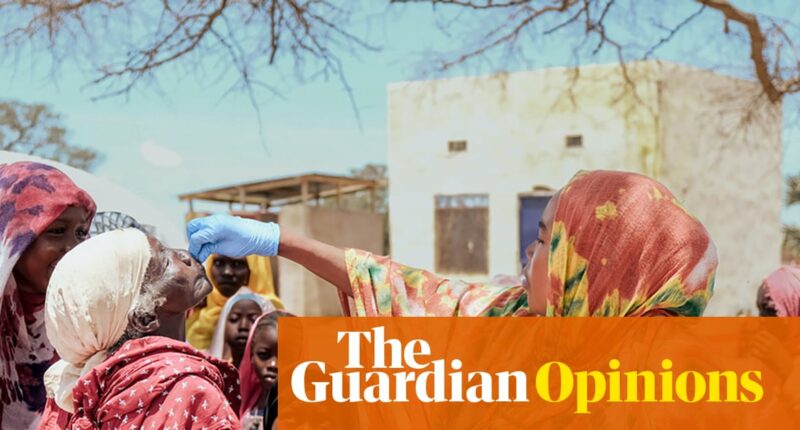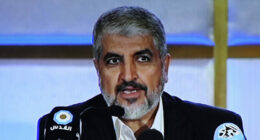Share this @internewscast.com
The United Kingdom last experienced a cholera outbreak in 1866, while the United States has remained free from such outbreaks since 1911.
Despite this historical context, cholera continues to afflict populations in 32 countries globally, claiming over 6,800 lives this year alone. This figure has already surpassed the 6,000 deaths recorded last year, which marked a 50% rise from 2023’s toll.
The most devastating outbreaks are occurring in African nations, where ongoing conflicts exacerbate the spread and hinder control measures. Cholera thrives not because of a lack of scientific knowledge or solutions, but due to the inaction and lack of urgency from world leaders addressing the crisis.
An alliance of over 50 organizations, spearheaded by the World Health Organization (WHO), is tackling these outbreaks through the Global Task Force on Cholera Control. This partnership, conceived in 1992, aims to facilitate access to essential resources, enhance detection, prevention, and treatment efforts, and establish global priorities for sustainable disease management.
In addition to the task force’s initiatives, the WHO joined forces with the Africa Centres for Disease Control and Prevention in August to introduce a continent-wide cholera emergency response strategy.
Cholera, caused by bacteria found in food or water contaminated by fecal matter from infected individuals, can only be prevented through secure access to clean water and proper sanitation. This explains its virtual eradication in countries with such infrastructure, while it continues to thrive in areas plagued by inequality, poverty, conflict, displacement, and climate-induced disasters.
The disease can be prevented with effective vaccines. An injectable vaccine was first developed in the late 19th century, and was superseded by oral vaccines in the 1980s.
But because the disease afflicts almost exclusively the poorest countries and communities, the vaccine does not attract investment from developers, for whom it offers little market opportunity. There is currently only one manufacturer producing cholera vaccines at the scale needed for mass vaccination campaigns: EUBiologics, based in South Korea.
To manage cholera outbreaks, the WHO and other partners established a global cholera vaccine stockpile for outbreaks in 2013 under the International Coordinating Group on Vaccine Provision (ICG) to ensure rapid, equitable and effective access to vaccines in emergencies, especially in low-resource settings. Since then, the stockpile has distributed almost 255m doses of vaccine to 34 countries.
Almost 75% of those doses have been distributed since 2021, in response to the global resurgence of cholera. So far this year, the stockpile has disbursed more than 49m vaccine doses – already eclipsing the previous record for a single year.
Given the increasing frequency and severity of outbreaks, vaccines from the stockpile can only be used to bring outbreaks under control, rather than to conduct preventive campaigns in areas at risk of cholera.
The stockpile is replenished every week but production cannot keep up with demand, and it is regularly below the recommended threshold of having 5m doses ready to respond to outbreaks at any time.
To stretch supplies further, the ICG suspended the standard two-dose vaccination regimen in 2022 in favour of a single dose.
after newsletter promotion
This was based on evidence showing that a single dose provides protection, but it wanes faster than it would with a two-dose regimen. Single-dose vaccination is only therefore a temporary solution to scarce supplies.
Demand shows no sign of abating, meaning supply must increase.
In October 2024, Zambia signed a memorandum of understanding with China’s Jijia Medical Technology Company to establish a cholera vaccine-production facility in Lusaka. The planned production will still require rigorous quality assurance and clinical trials to confirm safety and efficacy before any locally manufactured doses can be approved by the WHO and deployed in mass vaccination campaigns.
While expanding vaccine production in Africa is essential for preventing and responding to outbreaks of this historical disease, the only long-term solution is for governments to invest in safe drinking water and sanitation.
There are some diseases that cannot be completely prevented, such as Alzheimer’s and most cancers. But cholera is not one of them – it can be stopped. Cholera persists because poverty, inequality, conflict and displacement persist.
Stopping it is therefore not a scientific, medical or technical challenge; fundamentally, it’s a political one.







